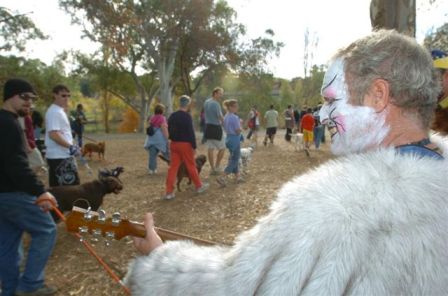Have a read of this article from the Guttmacher Institute
TEENS WARY OF INTERNET FOR SEXUAL HEALTH INFORMATION
Exploratory Study Shows Teens More Likely to Turn to Family Members, School or Medical Professionals
Although most teens use the Internet daily, few consider it a main source of information about contraception or abstinence, according to a new qualitative study by Rachel K. Jones of the Guttmacher Institute and Ann E. Biddlecom of the United Nations Population Division. Additionally, in in-depth interviews at three public high schools in New York and Indiana, only a minority of the 58 study participants reported that they got any contraceptive or abstinence information online; those who accessed this information typically did so in response to a specific event (such as a school assignment) or, less commonly, to find the answer to a personal question.
Most of the teens interviewed were wary of sexual health information on the Internet. The teens indicated a distrust of online information because it is often user-generated and could therefore be incorrect. They also noted that they would probably have to sort through an abundance of sexually explicit material to find the factual information they were looking for. Teens were most likely to trust family members (usually parents) for sexual health information; their next most trusted sources were educators, medical professionals and friends.
There is great potential for the Internet to link more teens to accurate and comprehensive sexual health information and for increasing their trust in the information they get from this source. While a number of Web sites provide accurate sexual health information in a teen-friendly manner, one cannot assume that teens will find or seek out these sources on their own. Instead, the authors recommend that groups working to improve teens’ access to accurate sexual health information capitalize on their trust in family members and schools to guide them to those sites.
“Is the Internet Filling the Sexual Health Information Gap for Teens? An Exploratory Study” by Rachel K. Jones et al., of the Guttmacher Institute, is currently available online and will appear in a forthcoming issue of the Journal of Health Communications.





